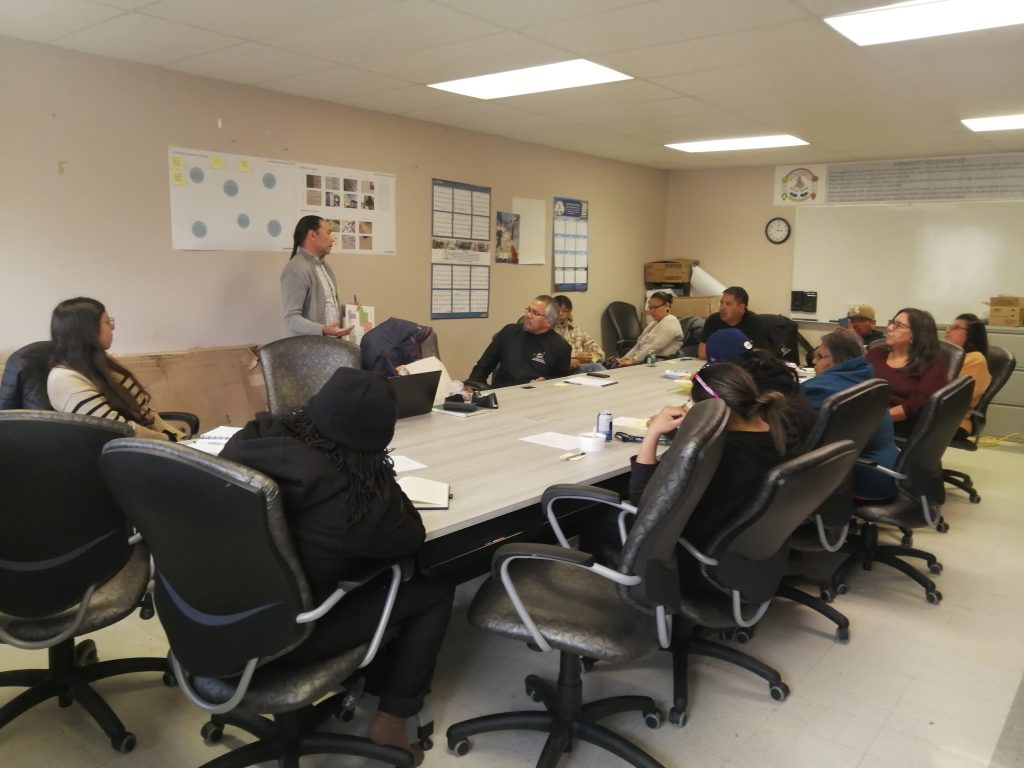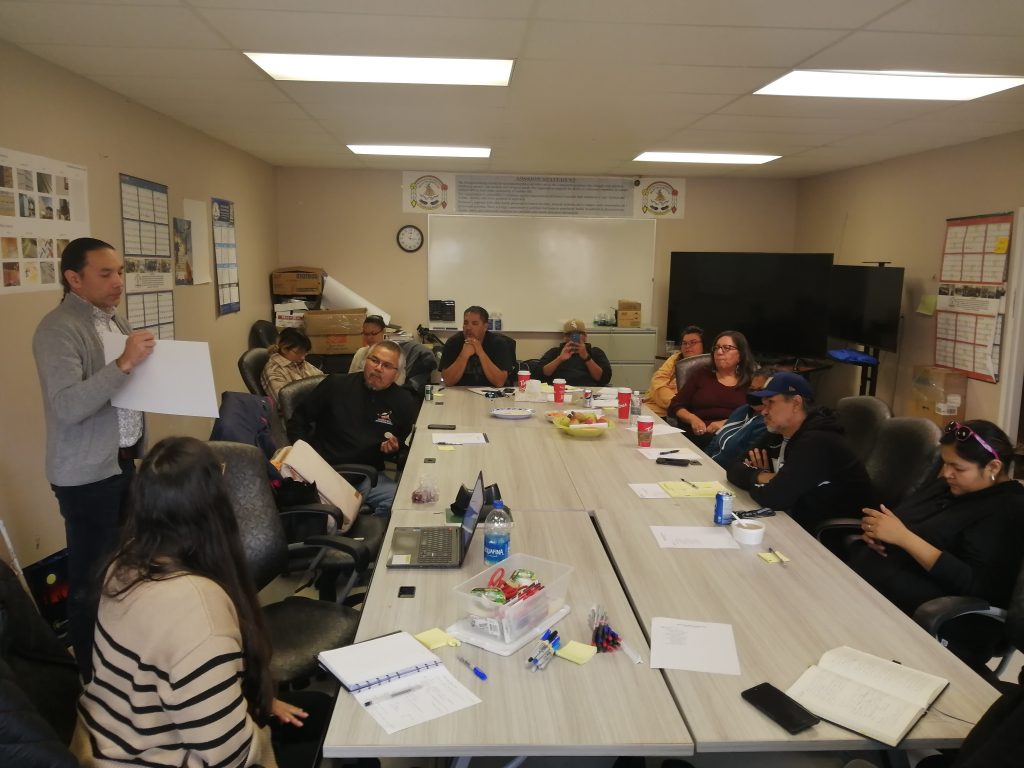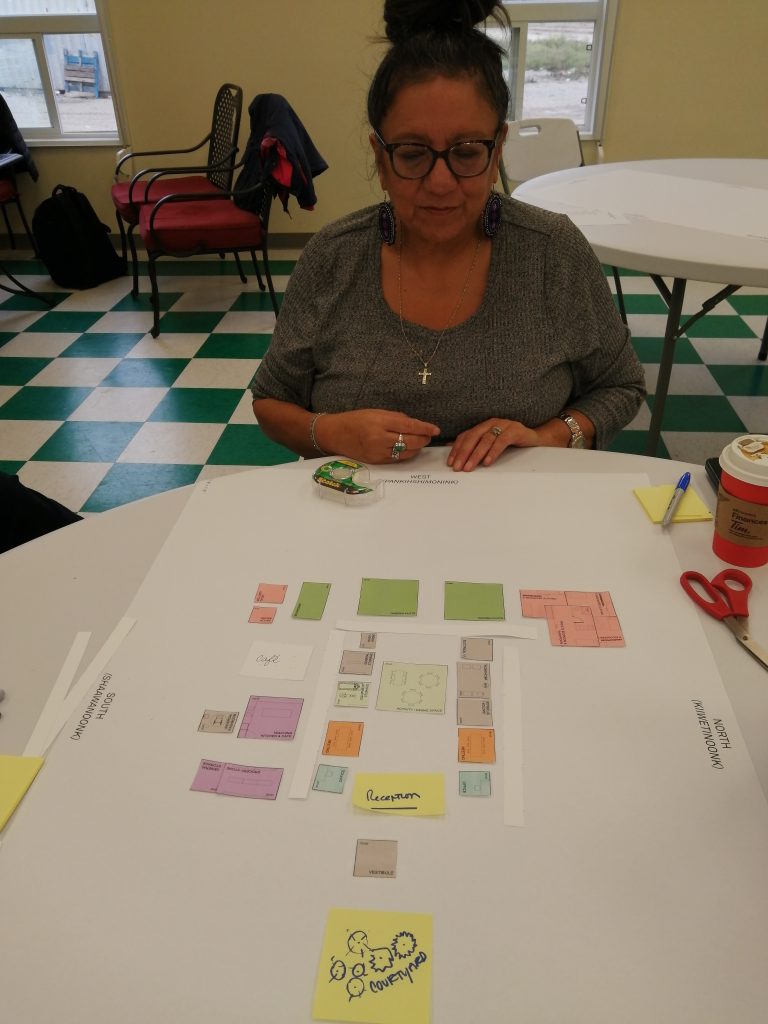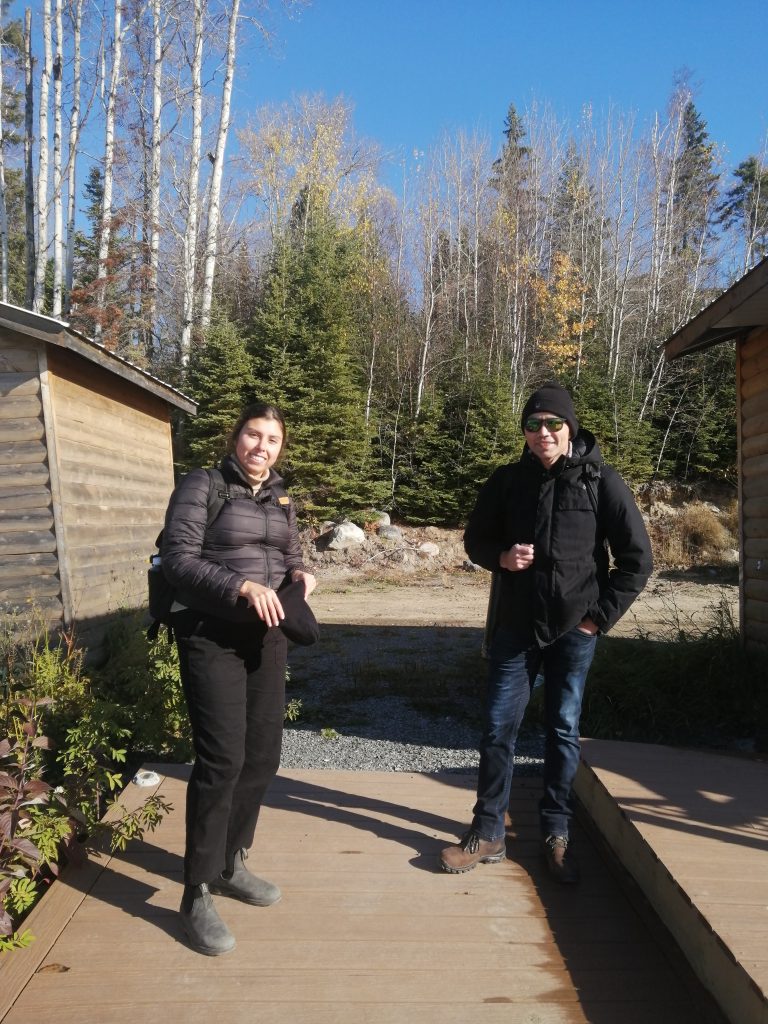Blog
Raven Indigenous Impact Foundation
Minoayawin Initiative
The Minoayawin initiative is focused on reducing the burden of Type-2 Diabetes in the Island Lake Anisininew Nations in Manitoba. The emphasis for the initiative is focused on secondary prevention and early intervention. There are more persons in the Anisininew Nations region living with Type-2 Diabetes than in any other First Nation community in Manitoba. The prevalence rate of 25% amongst individuals over the age of 7 is higher than in most parts of Canada, and the rest of the world.
The initiative highlights the economic, social, and individual benefits of addressing Type-2 Diabetes and its related complications proactively. In a community-led process, Minoayawin involves cross-sector partnership between the Raven Indigenous Impact Foundation (RIIF), Four Arrows Regional Health Authority (FARHA), and Anisininew Okimawin (Anisininew Nation’s government).
The approach is an innovative partnership model, creating a Community Driven Outcomes Contract (CDOC), in a development process outlined in the following three phases:
- Indigenous Solutions Lab: Inviting all stakeholders to convene, establishing trust-based relationships, identifying community priorities, and introducing community-driven outcomes finance.
- Designing Effective Interventions: Creating working groups to address food access, health coaching, and defining outcomes that trigger repayment.
- Creating a Sustainable Business Model: Conducting a burden of illness study, developing a theory of change, and assessing the economic impact
The three-year program of 800 participants, represented proportionally from the four Anisininew Nation sub-regions, will offer a mixture of low-intensity and high-intensity health coaching. It will take place in a holistic health centre, called the Healthy Hub, built specifically for the initiative. Programming will include a core focus on diabetes education and healthy food. This will encompass cooking workshops, community meals, one-on-one health coaching sessions, and physical activities, all embedded within traditional culture. Traditional harvesting practices and knowledge are essential components of the initiative. Recognizing the importance of family and community support as motivating factors in lifestyle changes, family members will be invited to join the participants in the Healthy Hub activities. The program will be delivered by FARHA. Health coaches will be trained and hired from the four communities. This will create job opportunities as an important collateral benefit.
To realize this vision, York University is designing a tailored health coaching training program for the Anisininew students, in consultation with the community.
It is also important to highlight the incredible work being done in Aarhus (CCD Aarhus) , Denmark through the Cities Changing Diabetes project (CCD). Together, the City of Aarhus, the Nordic Development Corporation, Dalberg, and the Steno Diabetes Centre Aarhus have inspired the work of the Minoayawin initiative with their ground-breaking innovations in both social finance and health. The successful execution of their investment model and signed outcomes contracts to slow the onset and progression of Type-2 Diabetes complications in Aarhus has provided Raven with a framework and rationale for our own Minoayawin Initiative. Although the initiatives are different in terms of culture, population they serve, and geography, many of the objectives, activities, and philosophies are aligned. We are grateful for the expertise of the leaders and partners involved in the Cities Changing Diabetes project and we hope to create positive and lasting change as they have done in Aarhus, Denmark.
For more info visit our website:
Co-Design Sessions
During the week of October 10th, 2023 members from Raven, FARHA and Brook McIlroy visited Garden Hill, St. Theresa Point and Wasagamack. The purpose of these visits was to host co-design planning sessions for the creation of the Healthy Hub buildings in each community. These sessions aimed to bring together community members, Council, and other important individuals to collectively brainstorm and design the Healthy Hub facilities in each community. We heard valuable feedback which is being incorporated into our design plans.



